What is leadership training? Should you take up one of the leadership training programs? Why would one need a leadership training program? The most fundamental mistake with the majority’s perception is that a person is born a leader.
While it is true that some in the leadership position might possess a higher IQ and an enigmatic personality or be a gifted orator and a good communicator. Not everything that makes a leader can be inherited, especially management and analytical skills, which are part of the package.
Such gaps in leadership skills may not serve the growth of a team or organization; that’s where leadership training programs can be of immense help to the individual and the organization.
Q: What are Leadership Training Programs?
A: Leadership training programs focus on engaging and interactive sessions that help learn and enhance new leadership skills, techniques, and tools. It is best suited for managers, team leaders, and senior management within the organization. Since leaders are at the helm of strategic decision-making, their skills directly reflect value creation, employee productivity, engagement, and the organization’s growth graph.
Q: What is the relevance of Leadership Training Programs?
A: Leadership skills training programs are designed to:
- Encourage the senior management to ideate and develop innovative ways to manage the employees and organizational duties.
- Address and find solutions to the cultural and social issues at large that might hamper the work culture.
- Be empathetic towards the subordinates and all other employees.
- Innovate scalable business opportunities.
Q: Is there a right time for one to get into a Leadership Training Program?
A: There are usually three career stages where individuals can benefit by undergoing leadership training programs in skills development and improvement.
- Early to Mid-Level: Best suited for freshly promoted young managers or team leaders directed towards making them more efficient and accountable. It also helps in skills development that helps in self-awareness and self-improvement and ensures growth of the team.
- Mid-Level: It works well for mid-level managers who are at the cusp of taking the senior management to get over the mid-career snag (if any) encountered by many. It enables them to create value-added business strategies.
- Senior Level: Even the CEOs, CFOs, VPs, and board members can reap the advantages of leadership training programs. It fosters the ability to create innovative business opportunities, drive growth while promoting a culture of motivation and inspiration.
Q: What are the advantages of Leadership Training Programs?
A: Now, let’s get into the benefits of undergoing a leadership training program, which is quite holistic for both individual as well as organizational development:
- Take the initiative and promote decision-making to enhance the productivity of the subordinates/teams.
- Identify the leadership shortcomings, addressing and improving the same.
- Imbibing the ability to develop and incorporate leadership strategies, adding value to the same.
- Enhancement of communication skills for better negotiation and conflict resolution.
- Form team management plans to increase and improve employee engagement, to build a perfectly cohesive and strong team.
- Ability to influence and motivate the employees to realize and utilize their potential.
- Become more confident in leading the teams and the organization as a whole.
Conclusion
The benefits of leadership training programs accumulate to create a cohesive and balanced work culture under the leader. In addition, it promotes an environment where each feedback is received and pondered on with an optimistic approach towards collaborative development and growth.
Team Transformation is one of the premier global organizations that conduct corporate leadership training programs, working with young managers, team leaders, mid-level, and senior-level executives, towards skills improvement driving organizational growth. Check out their website to reach out to professionals for a consultation









































